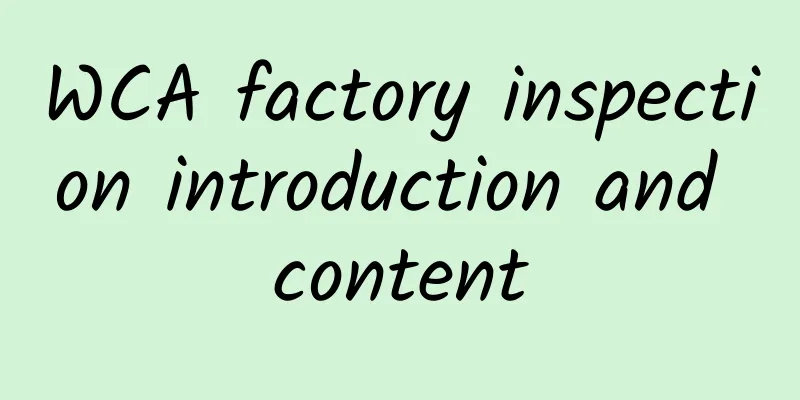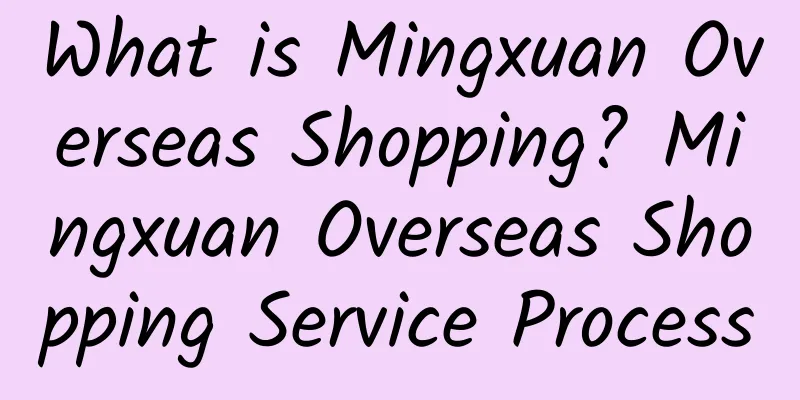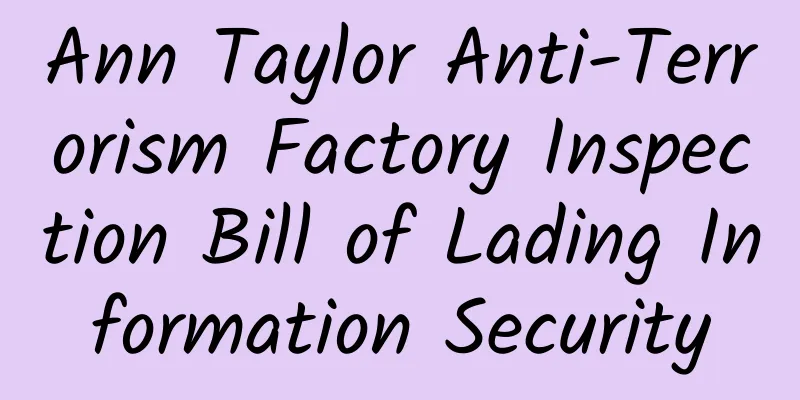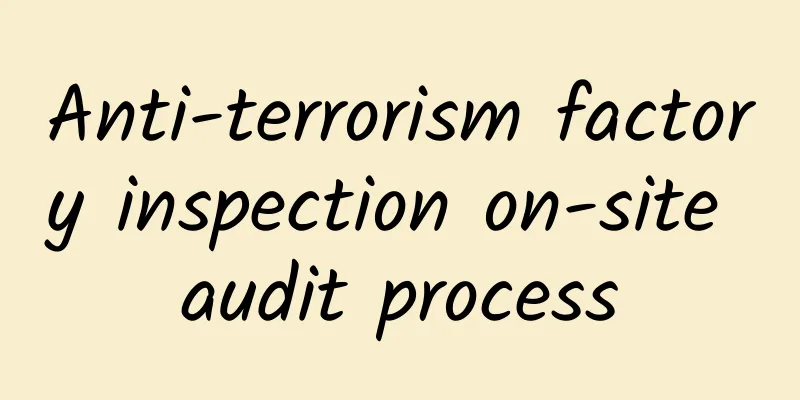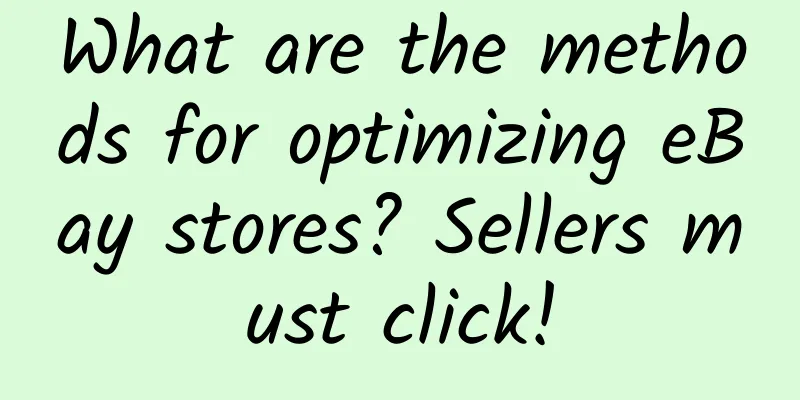Interpretation of ISCC Audit Key Points

|
Interpretation of audit points 1. Remote audit and supplementary on-site audit The European Commission stipulates that remote audits conducted on a voluntary basis are usually supplemented by on-site audits; if the non-conformities and risks are both low, there is no need for additional on-site audits. Accordingly, if the non-conformities found in the ISCC remote audit do not lead to an increase in non-conformities or risks, there is no need for subsequent on-site audits, especially for situations that are not related to product sustainability or renewable energy directive (legal) requirements and can be rectified immediately, including but not limited to the lack of signature confirmation or internal organizational chart in the documents. If non-conformities are found during the remote audit, the certification body and auditor need to state the reasons for not conducting a supplementary on-site audit in the audit report. If ISCC further finds other non-conformities or higher risk levels and reaches a different audit conclusion from the certification body and auditor, ISCC reserves the right to conduct a supplementary on-site audit. In addition, regarding the time limit requirement for supplementary on-site audits, the European Commission’s regulations should be followed: "For countries that first lifted travel restrictions during this period but re-imposed travel restrictions at a later stage due to worsening conditions, the 5-month period for supplementary on-site audits starts at the end of the month when such restrictions were last lifted." Situations that require additional on-site audits include but are not limited to the following four points. First, non-conformities have the potential to lead to more serious non-conformities or risks, including but not limited to non-conformities with land-related sustainability requirements, and non-conformities that have a negative impact on downstream supply chain elements (such as conveying wrong information to other system operators). Second, the risk level determined in the risk assessment is higher than the general risk, that is, medium risk or high risk. Third, the content required by ISCC cannot be fully verified through remote formal verification (i.e., there is content that cannot be determined as "compliant" during the remote audit). Fourth, content that does not comply with ISCC requirements is discovered during remote audits. 2. Procedure for withdrawing or correcting a sustainability claim If an ISCC supplier provides inaccurate information (e.g. wrong GHG values) on a Sustainability Declaration (SD) to a recipient, the supplier may withdraw or correct the SD if the following conditions are met: (1) The recipient: does not use (i.e. forward) the relevant sustainability information and withdraws and corrects the corresponding information from its mass balance; (2) Supplier: notify the recipient and the recipient’s certification body (CB) in writing of any erroneous information or documents related to ISCC and the request to cancel or correct the corresponding SD documents; (3) The recipient’s CB: confirms in writing to the supplier, the supplier’s CB and the ISCC that the request has been received and recorded and that the recipient has removed the erroneous information or SD file from the mass balance; (4) Supplier’s CB: Non-conformities should be recorded in the audit files of the supplier who provided incorrect information to the recipient. During the review, the recipient’s CB must verify that incorrect information has been cancelled or corrected in the recipient’s material balance. If the supplier or recipient changes CBs during the review, the newly contracted CB must be informed accordingly to ensure that the relevant transaction information is covered in the next audit. summary ISCC system documents and requirements will be adjusted and updated from time to time. During the operation of the system, especially during the review, enterprises and certification bodies need to pay attention to whether the names of the materials involved have changed and focus on verifying the consistency and accuracy of the sustainability documents to ensure that they are implemented in accordance with the latest ISCC requirements. Still worried about failing ISCC certification? Don’t worry! Chaowang Consulting and Guidance has been engaged in factory inspection guidance and certification consulting for many years. It has rich experience and connections, is familiar with the process and steps of factory inspection and certification, and can help companies solve certification problems at any time, easily deal with them, and pass them smoothly. Consultation phone: 021-51029391! |
<<: ISCC certification system document update
>>: International Sustainability and Carbon Certification ISCC Certification Features
Recommend
Anti-terrorism factory inspection computer information system security management system
Anti-terrorism factory inspection computer inform...
The significance of ISO17025 laboratory accreditation
ISO17025 is an international standard for laborato...
AVE Certification Counseling Pre-Inspection Preparation-AVE Factory Inspection Consultation Special
AVE certification guidance and preparation work b...
eBay's latest review policy
Because eBay is a sufficiently powerful and trust...
Benefits of WCA factory audit
Is it useful for factories to pass the WCA factor...
Carbon certification for dual carbon services | Carbon footprint, carbon neutrality, greenhouse gas verification, carbon emission management system evaluation, a brief introduction to carbon monitoring services
Carbon Footprint/Carbon Neutrality Carbon neutral...
Specific procedures for passing ISO9000 quality system certification
What is the specific procedure for passing ISO900...
Three Ways to Sell on eBay
On eBay, sellers are provided with three ways to ...
GRS Global Recycling Standard for Textiles and Apparel
In response to strong demand for eco-friendly tex...
Why do we need to conduct Ann Taylor factory inspection?
Why do we need to conduct Ann Taylor factory insp...
What is Asia Union Intellectual Property? What services does Asia Union Intellectual Property provide?
What is AAM Intellectual Property? Shenzhen Yamen...
[eBay Newbies] What are eBay’s free relisting rules?
1. What are eBay’s free relisting rules? Generall...
How to promote and market on eBay? From which aspects?
eBay promotion and marketing are not unfamiliar t...
How is Hong Kong Feng Investment? What are the advantages of Hong Kong Feng Investment registered in Hong Kong?
How about Hongfeng Investment? Shenzhen Gangfeng ...
Product Description--"Amazon Long Description"
Product Description is an important part of optim...
